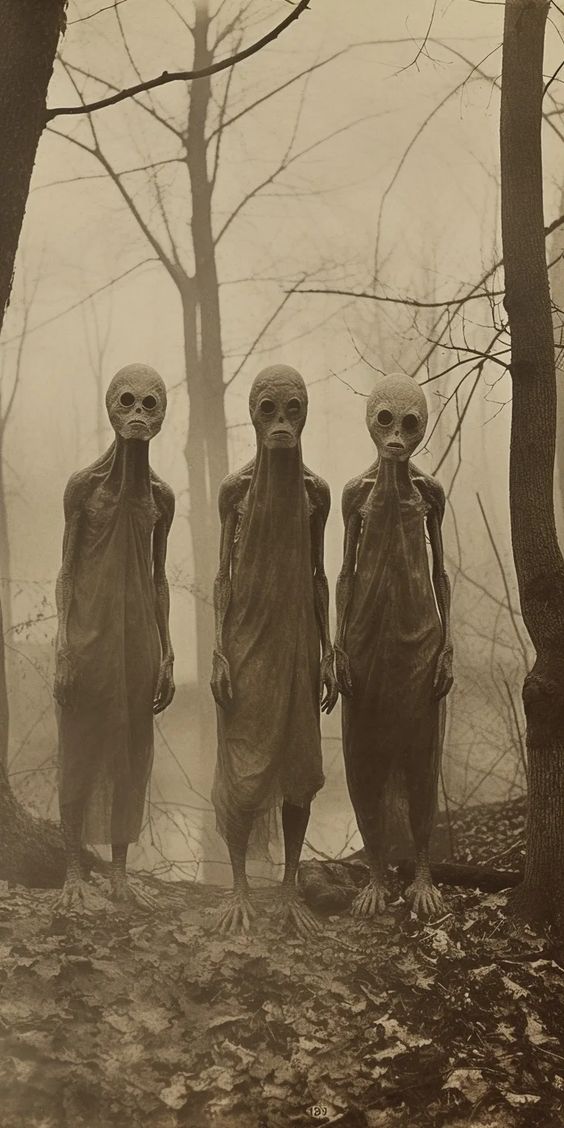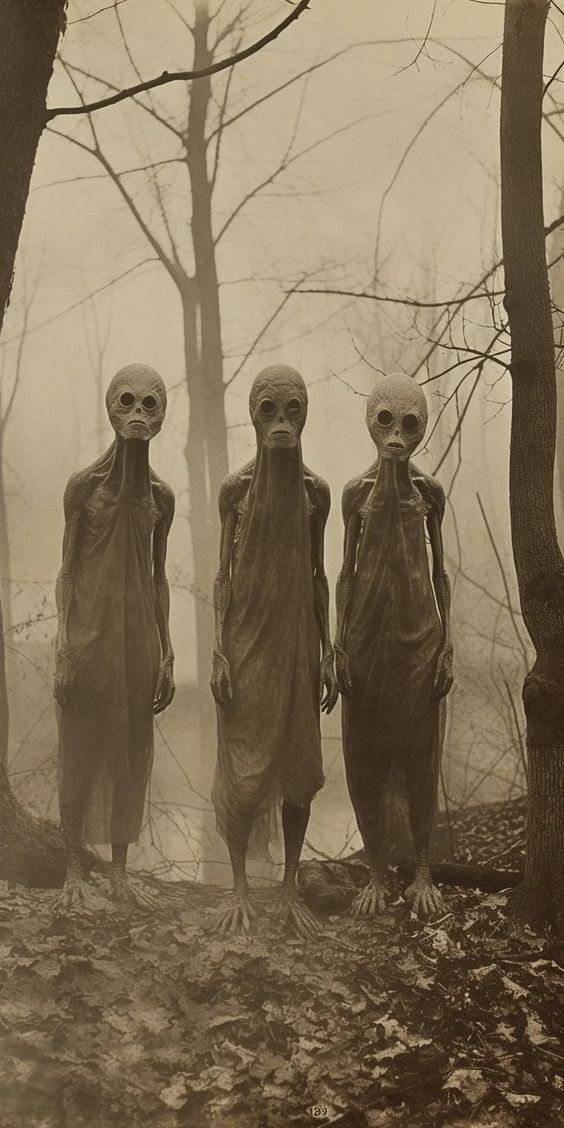The exploration of outer space has long been a dream of humanity, driven by the desire to uncover the mysteries of the cosmos and potentially encounter life beyond our planet. While the first encounter with aliens remains speculative, many experts suggest that within the next 100 years, humanity may experience a second encounter with extraterrestrial beings. This prospect ignites excitement and curiosity as we embark on a journey to explore the possibilities of cosmic contact and unlock the secrets of the universe.

Over the centuries, humanity’s understanding of space has evolved from mere speculation to scientific exploration. From ancient astronomers observing the movements of celestial bodies to modern space agencies launching missions to distant planets, our quest to unravel the mysteries of the universe has advanced significantly. Today, with the development of cutting-edge technologies such as space telescopes, robotic rovers, and interstellar probes, we are poised to delve deeper into the cosmos than ever before.
Astrobiology, the interdisciplinary field that explores the potential for life beyond Earth, plays a crucial role in humanity’s quest for a second encounter with aliens. Scientists are actively searching for habitable environments in our solar system and beyond, focusing on places like Mars, Europa, Enceladus, and exoplanets in the habitable zone of other stars. By studying extremophiles on Earth and simulating extraterrestrial environments in laboratories, researchers aim to understand the conditions necessary for life to arise and thrive elsewhere in the universe.

Technological innovations are driving humanity’s pursuit of extraterrestrial encounters to new heights. Breakthroughs in artificial intelligence, machine learning, and data analysis are revolutionizing our ability to process vast amounts of astronomical data and search for signs of alien life. Projects like the James Webb Space Telescope, the Mars Sample Return mission, and the Breakthrough Listen initiative are pushing the boundaries of scientific exploration, offering unprecedented opportunities to detect extraterrestrial phenomena and potentially make contact with intelligent civilizations.

Despite our efforts, the universe remains eerily silent, raising questions encapsulated by the Fermi Paradox: if the cosmos is teeming with life, where is everybody? This paradox underscores the challenges and uncertainties inherent in the search for extraterrestrial intelligence. Some scientists speculate that advanced civilizations may be deliberately avoiding contact, while others suggest that they may communicate in ways beyond our current understanding. Nevertheless, the absence of conclusive evidence does not diminish the tantalizing possibility of a second encounter with aliens in the future.
As we look to the future, the prospect of a second encounter with aliens within the next 100 years looms large on the horizon. Whether it occurs through the discovery of microbial life on Mars, the detection of biosignatures on distant exoplanets, or the receipt of interstellar signals from advanced civilizations, such an encounter would mark a pivotal moment in human history. It would not only expand our understanding of the cosmos but also prompt profound reflections on our place in the universe and our responsibilities as inhabitants of planet Earth.

As humanity ventures boldly into the cosmos, the anticipation of a second encounter with aliens within the next 100 years serves as a driving force for scientific exploration and discovery. While the search for extraterrestrial life presents numerous challenges and uncertainties, it also offers unparalleled opportunities to unlock the secrets of the universe and forge connections with beings from distant worlds. As we continue our cosmic journey, fueled by curiosity, imagination, and the relentless pursuit of knowledge, the possibility of encountering extraterrestrial life remains one of humanity’s greatest adventures, beckoning us to explore the vast expanse of space and embrace the wonders that lie beyond.




